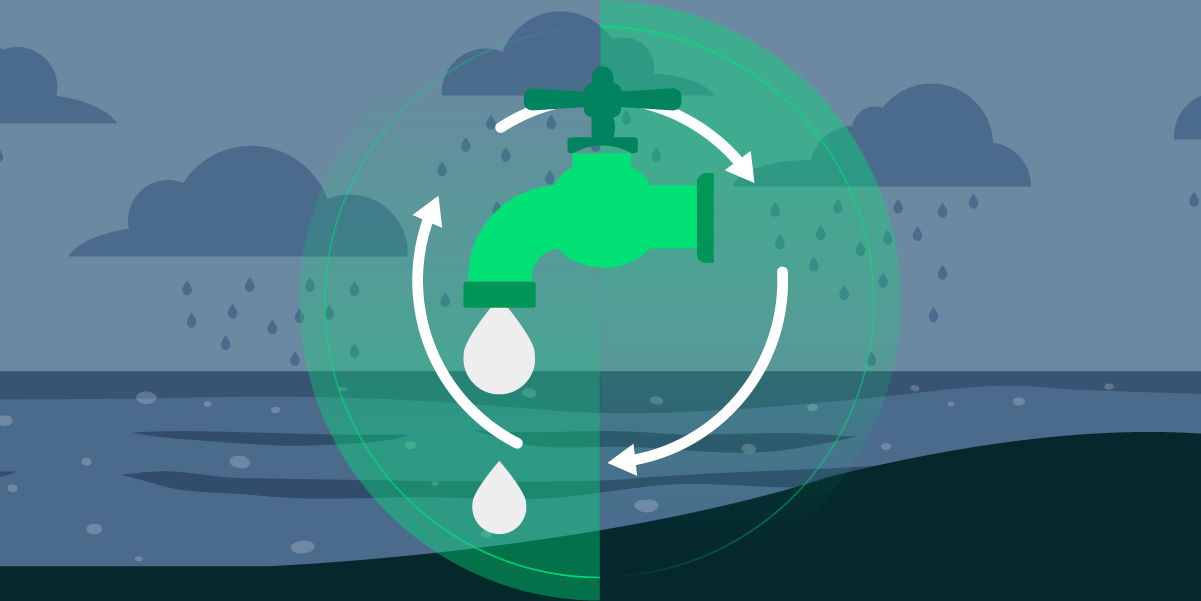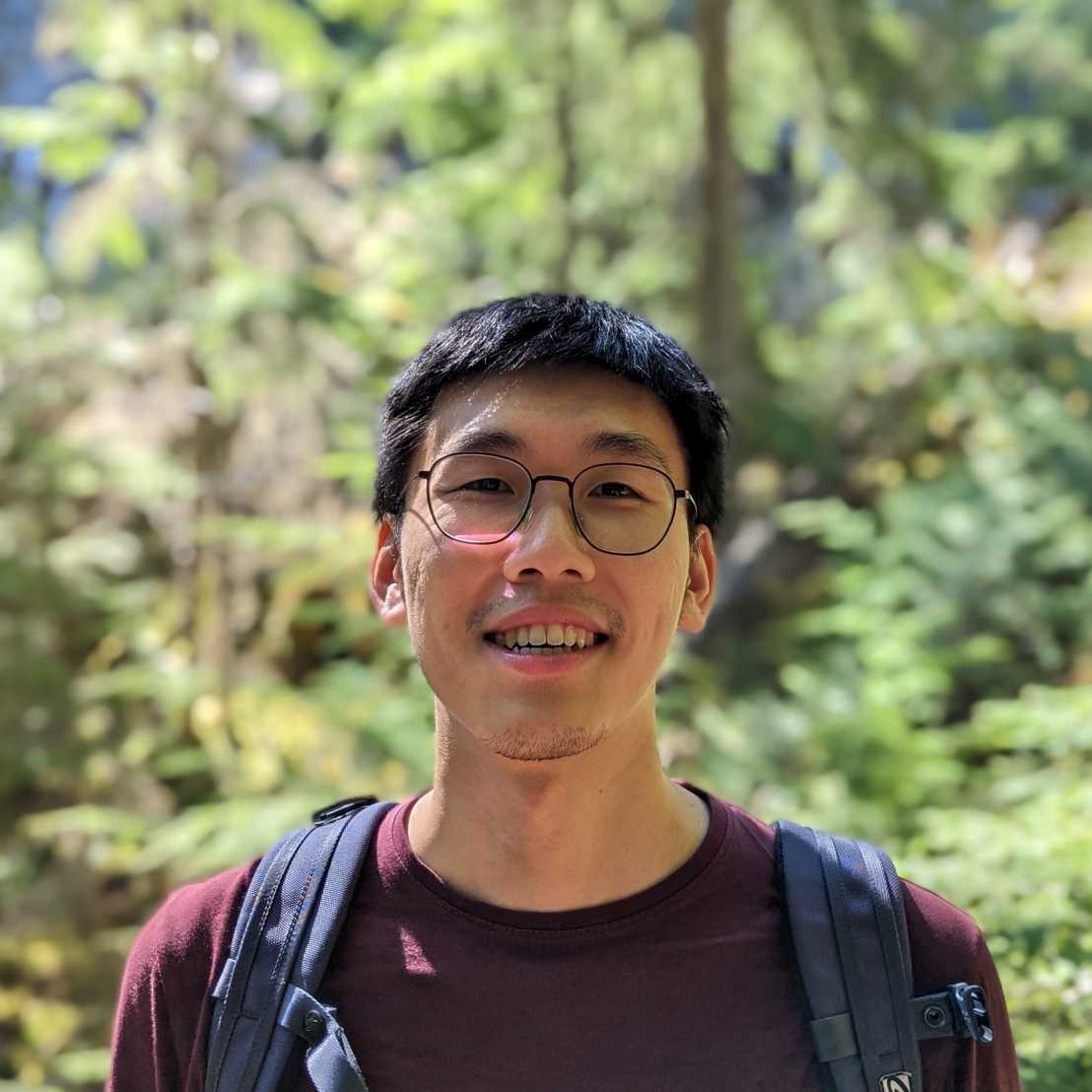
Five questions to: Jaime Huang (graduate MAS ETH in Sustainable Water Resources)
"Inspired by the best": we are taking a closer look at what we claim to be. What are the sources of inspiration in continuing education? This time with Jaime Huang, a graduate of the MAS ETH in Sustainable Water Resources. For him incorporating empathy and interdisciplinary thinking into problem solving were key take aways from the MAS ETH SWR.
School for Continuing Education: What drives your projects and your work?
Jamie Huang: I’m an environmentalist at heart. Human life in the developed world has a negative impact on the environment through our consumption, production and activities so I feel obligated to help minimise this impact. Working on projects that enhance lives and promote sustainable water resource management fuels my determination to leave behind a better world.
What were your expectations when you began your continuing education at ETH Zurich? Were they fulfilled?
My main expectations were 1) world class training 2) cutting edge research, and 3) career development. I am pleased and thankful to say my main expectations were entirely fulfilled. I upskilled greatly, published a peer reviewed paper, and obtained a senior water resource engineer role before even completing my thesis defence.
What, or who, particularly inspired you at ETH Zurich?
The entire experience at ETH Zurich was inspiring, from the campuses to faculty, fellow students, alumni, and guest speakers. However, it was one of my MAS classmates who left a lasting impression. His remarkable life experiences and genuine authenticity broadened my horizons in countless ways. Beyond notable actions like quitting his senior role in industry after decades to founding a successful consulting company immediately after finishing the MAS, he carries himself with positivity and sincerity.
Which aspects from the MAS ETH SWR can you implement well in your daily work?
Incorporating empathy and interdisciplinary thinking into problem solving were key take aways from the MAS ETH SWR. Understanding people's true concerns and gaining a shared perspective is crucial for making progress. By incorporating diverse expertise and insights, we can generate superior solutions. Lessons from studying participatory planning, transboundary water rights and resource mismanagement continue to be applicable in my municipal government role.
In your professional career, a strong connection to the topic of water is apparent. What do you think will be the biggest challenges in the field of water management in the coming years?
The biggest challenge will be moving beyond the conventional approach that prioritises only human interests. The 20th century witnessed rapid growth but now much of our existing infrastructure is nearing end of its lifespan. It is an opportunity for positive change, but proactive planning is crucial, particularly considering the substantial cost and long design life of drainage infrastructure. Decisions from the past continue to harm ecosystems. We must advocate for water-sensitive cities to restore balance. This means being persuasive in demonstrating that the costs and efforts involved in adopting nature-based solutions is a necessary endeavor.

Jamie Huang is currently the Technical Lead for the development of a Healthy Waters Plan for a major city in Canada. The long-range plan will address key issues with the city’s sewage and drainage services which include pollution, climate change, population growth, and aging infrastructure. He also works as the Business Development Lead at external page EnvAI Solutions Inc.; a climate science services company providing readily digestible environmental data and insights to drive better investment decisions.
Jamie has extensive experience working in the realm of water management from regional extreme rainfall analysis to post-construction monitoring of various projects. He completed the MAS in Sustainable Water Resources at ETH in 2021 and holds a BASc in Civil Engineering from the University of Waterloo.